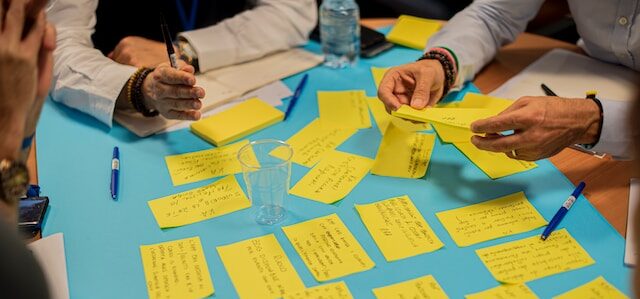In a joint meeting with representatives of the district office Altona in Hamburg on 7 December 2023, the research group presented the results of the data collection in connection with the freiRaum Ottensen project. FreiRaum Ottensen was one of the five projects in which surveys and interviews were conducted. The focus was on the public consultations in which the general public was able to participate. More information on the project freiRaum Ottensen and the participation formats carried out can be found here.
Selected results
- The population in Ottensen largely perceives a need for improvement in transport and is relatively positive about the transport transition overall.
- Around 50% of the population have heard about the participation process for freiRaum Ottensen, and around 16% have taken part. In comparison with other processes, these are relatively high figures, although the usual over-representation of people with high school diploma, men and older people can be seen despite a wide varieties of participation formats offered to different target groups.
- The discussion during the different participation formats was perceived as constructive and respectful, although conflicts and gaps in the representation of all interests were acknowledged.
- In this project, the policy process was comparatively open to citizens and participants were able to shape the content of the planning outcome.
- For around a third of the population and half of the participants, the participation process had an influence on their satisfaction with the district authority. However, this influence was not always positive: for example, one in four participants was more satisfied with the district authority at the end, but just as many reported less satisfaction.
- Two thirds of the population rated the adopted measures as positive.
- (Statements on the population generally refer to the subgroup of people with a high school diploma – see detailed information on the representativeness of the surveys)




